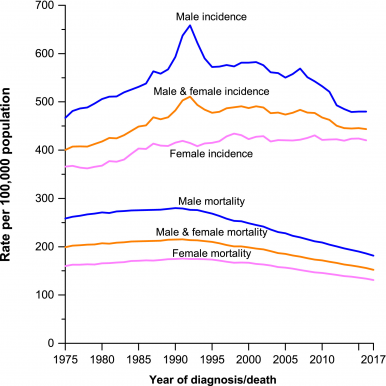When you are updating a CV, it’s generally a good idea to search in more than one bibliographic database, especially if your goal is to capture all of an author’s publications, regardless of format (journal articles, book chapters, meeting abstracts, etc). Depending on the discipline, it may be likely that authors are publishing in journals that are not necessarily classified as “biomedical” and so may not qualify for indexing in a database like PubMed/MEDLINE.
To conduct a comprehensive search (ie. one that does not miss any works), it is advisable to start your search in PubMed (using multiple name variations if needed) but then to also search in two other multidisciplinary databases that the MSK Library subscribes to:
1) Scopus
2) Web of Science (WoS)
Both of these databases now offer an “Author Search” option that leads to a profile page for that author (where you can see their list of documents, as well as, links to documents that cite these publications). For example, see Dr. Craig B. Thompson’s Scopus profile. Another resource available to you is Synapse, the MSK Library’s database of MSK-authored publications. As you can see from Dr. Thompson’s Synapse profile, however, only his works produced while affiliated with MSK are included.
All four of these resources include options for exporting records to citation management tools like Endnote (see the MSK Library’s workshop schedule for Endnote training options). Once the citation records are transferred from each of these four resources (PubMed, Scopus, Web of Science, and Synapse) into Endnote, the duplicates can be removed, leaving a unique list of titles that can be formatted and added to the CV.
Note: These four resources will identify scholarly publications by the author. If citations for books and government reports, or works published in popular magazines, newspapers, social media outlets, etc., are also needed, additional databases like GeneralOneFile should be consulted, in addition to Google, Google Scholar, WorldCat, NLM LocatorPlus, Library of Congress Catalog, and possibly other sources.
Feel free to Ask Us if you have any questions or would like to schedule a training consultation on this topic.

 The library has recently added
The library has recently added